Cloud ERP integrates business processes with advanced computational power, enhancing efficiency and scalability. It allows organizations to streamline operations and reduce costs by leveraging the cloud infrastructure.
With flexible deployment models, Cloud ERP solutions support companies of all sizes, providing them with sophisticated tools to manage resources, finances, and customer relations. Enhanced data analytics and reporting capabilities empower decision-makers with real-time insights. Implementation speed and system adaptability make it a practical choice for expanding businesses looking for a competitive edge.
What are the critical features of Cloud ERP?Cloud ERP finds application in diverse sectors like manufacturing and healthcare, offering industry-specific modules that address unique challenges. For instance, the retail industry benefits from improved supply chain management and customer satisfaction tracking.
Efficiently managing and optimizing resources across departments, Cloud ERP solutions are essential for businesses seeking to maintain competitiveness while ensuring operational harmony and effective strategy execution.
| Product | Market Share (%) |
|---|---|
| Oracle Fusion Cloud ERP | 16.2% |
| NetSuite ERP | 14.4% |
| SAP S/4HANA Cloud | 9.9% |
| Other | 59.5% |


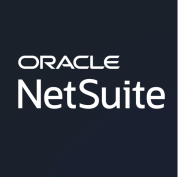



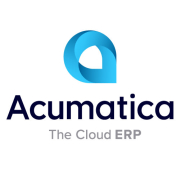






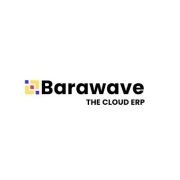
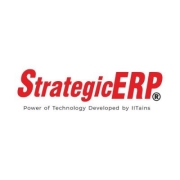






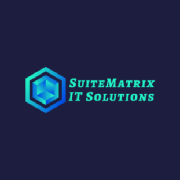

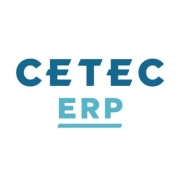













Cloud ERP enhances scalability by allowing you to easily adjust resources based on your business needs. As your business grows, you can incrementally add users, modules, and features without worrying about physical hardware limitations. This flexibility ensures that you can scale up or down without major disruptions or additional costs, making it ideal for growing businesses or fluctuating demand environments.
What are the security features of Cloud ERP systems?Cloud ERP systems offer robust security features, including data encryption, regular security audits, and compliance with industry standards like GDPR and ISO. They provide continuous monitoring to detect and prevent potential threats. Biometric authentication and multi-factor authentication add additional layers of security, ensuring that your sensitive business data remains protected from unauthorized access.
Can Cloud ERP integrate with existing business systems?Cloud ERP solutions are designed with integration in mind, allowing seamless connectivity with various business tools such as CRM, HRM, and e-commerce platforms. APIs and connectors enable smooth data exchange, helping you create a unified system that enhances workflow efficiency and data visibility. This integration capability ensures that new Cloud ERP solutions can complement your existing technology ecosystem.
How do Cloud ERP solutions support remote work?Cloud ERP solutions facilitate remote work by providing access to business applications and data from anywhere via the internet. Employees can perform essential tasks such as reporting, collaborating, and decision-making without location constraints. This accessibility supports a flexible work environment, promoting productivity and ensuring critical operations are uninterrupted even outside a physical office.
What cost savings can businesses expect with Cloud ERP?With Cloud ERP, businesses can expect significant cost savings by eliminating the need for extensive on-premises hardware and infrastructure maintenance. Subscription-based pricing models allow for predictable costs, and automatic updates reduce the need for costly upgrades. Operational efficiencies gained from streamlined processes further contribute to long-term cost savings, enhancing overall profitability.